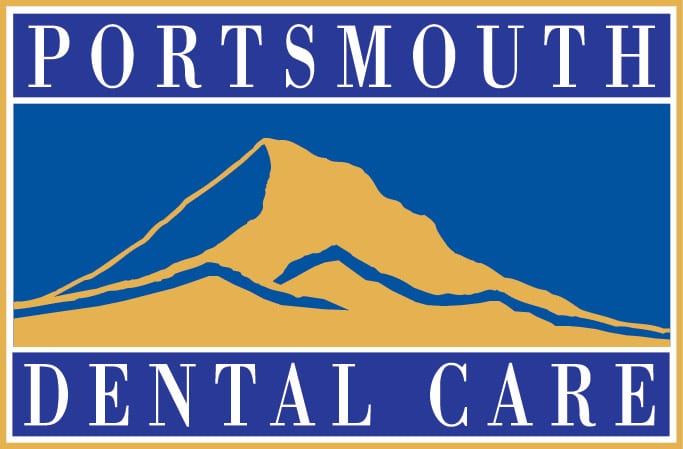
Acid Reflux is a common ailment caused by stomach acid flowing up out of the stomach and into the esophagus. This backwash, or acid reflux, can irritate the lining of your esophagus and cause temporary discomfort in the chest and the back of the throat. If this happens multiple times a week, it might be a sign of GERD, or gastroesophageal reflux disease.
Unfortunately, if the damaging stomach acid travels too far too frequently, it can cause erosion of enamel on molars or on the backside of the teeth. While saliva is a natural defense against acids, acid reflux occurring at night when less saliva is produced can be especially damaging.
Heartburn is the most obvious symptom of acid reflux, but not always. Actually, some people with this condition experience no digestive discomfort or any recognizable symptoms at all, especially at first. If that’s the case, it may fall to a dentist to recognize the symptoms of GERD.
During a typical oral examination, your dentist will be alert to patterns of decay that might help diagnose a potentially serious problem such as acid reflux before it progresses. Enamel loss is permanent and ultimately can lead to tooth decay, so your dentist may suggest an immediate consultation with your primary care physician or they may be able to refer you to a specialist who will help you implement a plan to address your stomach issues. If that plan includes medication in addition to lifestyle changes, your dentist will also help you manage the side effects of any drug that you’ve been prescribed.
For example, some prescription drugs can cause dry mouth, a condition that occurs when you do not produce enough saliva and which can be uncomfortable, exacerbate tooth erosion and cause bad breath.
If your physician determines that you are suffering from acid reflux (or GERD), the treatment plan that they recommend might be quite lengthy. On your path to wellness it is crucial that you maintain a schedule of regular dental visits so that your dentist can address any incidents of existing enamel erosion while suggesting ways to prevent further damage. They may also offer solutions to relieve the oral symptoms of any medication you’ve been prescribed.
Even if you are not at risk for acid reflux, it’s worth remembering that 90% of systemic diseases have an indication that can be seen in the mouth, so a regular dental checkup is always a crucial component of your long-term health!
Appointments Before & After Work or School & on Saturdays & Sundays!
Request Online or Call Today!
Related Posts
Dry Mouth & Your Dental Health
It’s not uncommon to experience dry mouth, but did you know that it can affect your overall dental health? Fortunately, dry mouth alone is usually not a severe issue as long as it isn’t persistent.
Start Healthy Dental Habits at the First Tooth
Discovering your baby has their first teeth coming in is an exciting moment. Taking care of those teeth early on can keep you & your child excited about their smile for years to come.
Stop Teeth Grinding With These Techniques
Grinding your teeth, or Bruxism, can lead to increased wear on your teeth and, if bad enough, can result in the need for restorative care if wear results in chipped teeth or a misaligned bite. There are several techniques that you and your dentist can do to stop grinding.



